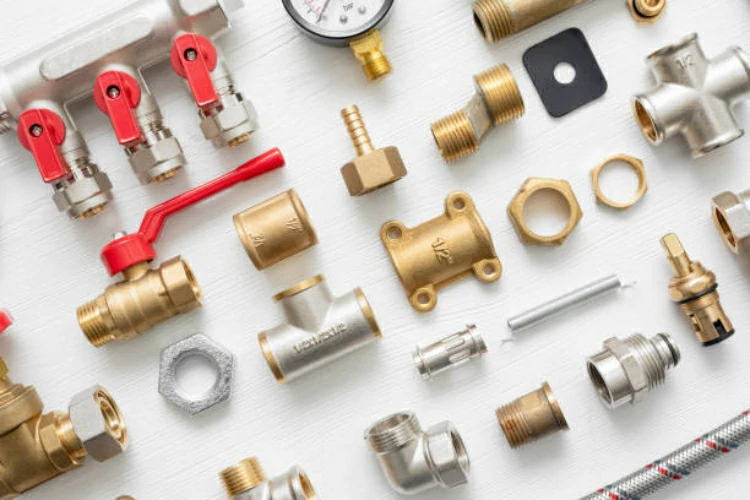Understanding Corrosion in Brass Stop Valves
Corrosion is a common issue faced by brass stop valves, especially in environments with high moisture, humidity, or exposure to corrosive substances. Over time, corrosion can weaken the structural integrity of the valves, leading to leaks, malfunctions, and costly repairs. Therefore, it is essential to employ effective corrosion prevention methods to extend the lifespan of brass stop valves and ensure their reliable performance.
Corrosion Prevention Methods
Selection of Corrosion-Resistant Materials
One of the most effective ways to prevent corrosion in brass stop valves is to use high-quality materials that are inherently resistant to corrosion. For instance, opting for brass alloys with higher copper content can enhance the valve’s resistance to corrosion, as copper possesses natural anti-corrosive properties. Additionally, manufacturers may apply protective coatings or platings to the surface of brass stop valves to further enhance their resistance to corrosion.
Regular Maintenance and Inspection
Regular maintenance and inspection of brass stop valves are crucial for identifying and addressing potential corrosion issues before they escalate. Periodically inspect the valves for signs of corrosion, such as discoloration, pitting, or surface degradation. If any corrosion is detected, promptly clean the affected area using a mild detergent and a soft brush, followed by thorough rinsing and drying. Applying a corrosion inhibitor or protective sealant can help prevent further corrosion and prolong the valve’s lifespan.
Environmental Control Measures
Controlling the environment in which brass stop valves are installed can also help mitigate the risk of corrosion. Avoid exposing the valves to harsh chemicals, high humidity, or extreme temperatures whenever possible. Implementing measures such as proper ventilation, humidity control, and temperature regulation can create a more favorable environment for brass stop valve, reducing the likelihood of corrosion-related issues.
Conclusion
Preventing corrosion in brass stop valves is essential for maintaining their functionality, longevity, and reliability. By employing a combination of corrosion-resistant materials, regular maintenance and inspection, and environmental control measures, it is possible to effectively protect brass stop valve from corrosion and ensure their optimal performance in plumbing systems. Investing in corrosion prevention methods can ultimately save time, money, and resources by avoiding costly repairs and replacements down the line.
IFAN is a Chinese manufacturer of plastic pipes, fittings and valves with 30 years of experience. If you are interested in IFAN copper fittings, copper valves, plastic pipes and fittings, please contact us. IFAN offers you a variety of standard pipes to meet your specific needs. Click below to learn more about IFAN’s wide range of affordable and cost-effective valve products and piping system related products.
We will reply your email or fax within 24 hours.
You can call us at any time if there is any question on our production.
For more information,pls visit our webside https://ifanpro.com/
Pls Mailto: [email protected]
Whatsapp: + 86 19857948982














Recent Comments